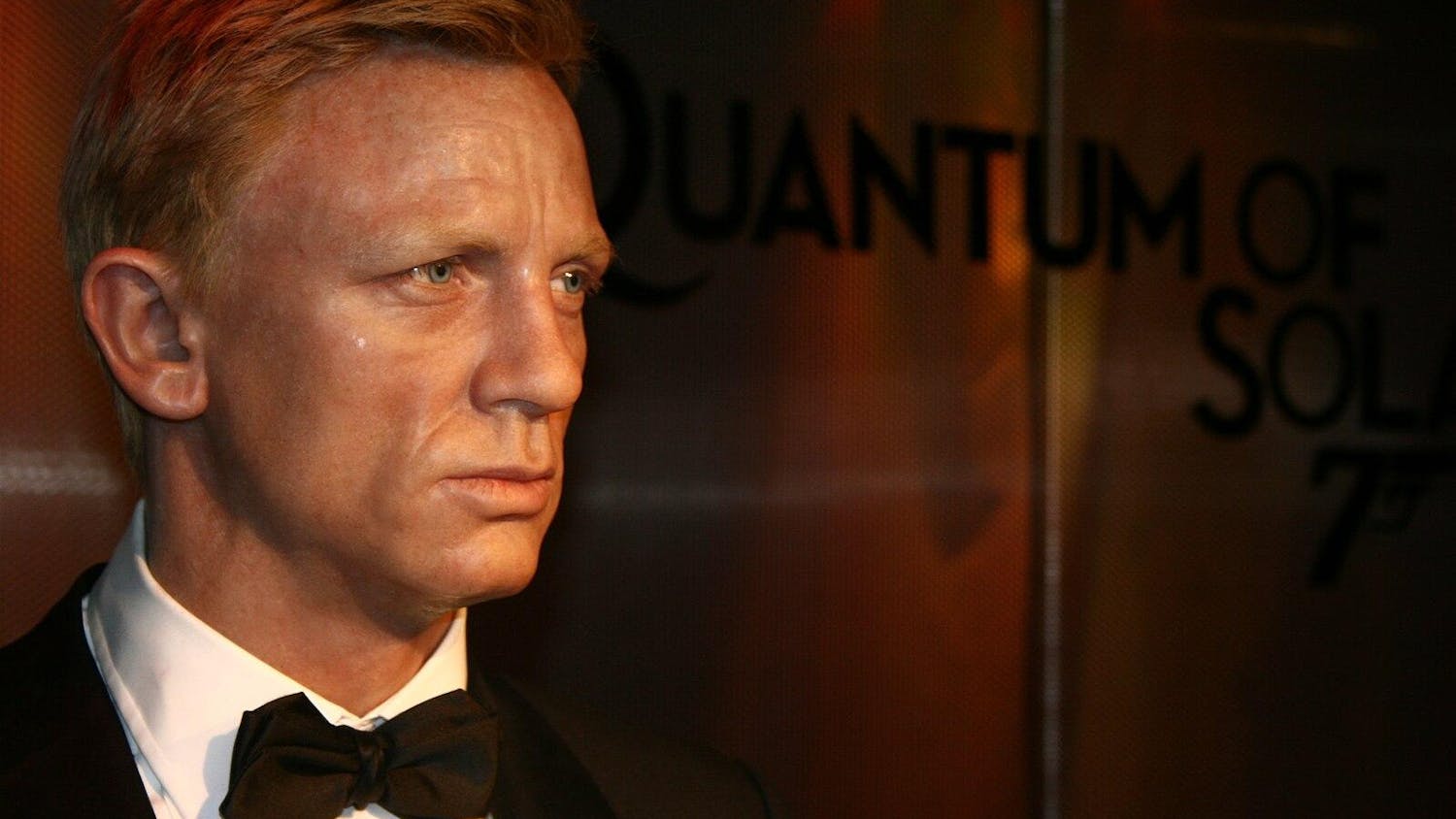Not another teen movie. Please God, not another teen movie.
An adaptation of the best?selling'90s book of the same title, "The Perks of Being a Wallflower" is the coming?of?age tale of Charlie, a misfit high school freshman. Played by Logan Lerman, Charlie quietly navigates his first days at a new school by keeping to himself and reading a book at lunch.
Like the typical movie misfit, Charlie is a quiet and troubled talent who is sensitive and paralyzed by social anxiety. After his brief stint as an outcast, Charlie meets two enigmatic and charismatic half?sibling seniors, Patrick and Sam, played by Ezra Miller and Emma Watson, respectively. They instantly become Charlie's best friends and welcome him into their group of friends that is composed of more misfits.
As the film proceeds, Patrick, Sam and the rest of their faithful troupe prove to be as imperfect and damaged as Charlie himself. The film focuses not just on Charlie's trials and tribulations, but also on those of his close friends. In fact, the most compelling storyline is that of Patrick, a gay teenager who is having a secret affair with the captain of the football team. Ezra Miller's performance as Patrick is the sole redemption of this film as it supplies en masse the texture and legitimacy that the plot lacks.
Emma Watson, a big draw, struggles to portray Sam as a believable suburban kid, let alone a distressed nonconformist. Watson strives for realism, but her performance comes off as lackluster and artificial.
Aside from occasional comedic situations and clever quips, this film is a trite and tired expression of teen angst. The plot trudges along, revealing dramatic and contrived twists meant to illicit a sense of sympathy. These revelations are indelicate and cringe?worthy, and instead of engendering sympathy they come off as melodramatic and forced. When characters reveal their secrets - which include the loss of a friend to suicide, a character being taken advantage of by an older man and the death of a doting aunt - they awkwardly erupt in a fit of disingenuous human interaction.
As the film progresses, these admissions are quickly forgotten. The small nuggets of drama are never delved into or explained and remain only to add to the idea of damaged teenagers struggling to find their places in the world. The characters' interactions leave something to be desired, as well. The script contains outrageously senseless one?liners such as, "Welcome to the island of misfit toys."
"Perks" presents a stale, tired storyline. Worse, the film romanticizes adolescent feelings of isolation and genuine pain, suggesting to its audience - largely teens themselves - that experiences of this nature are necessarily authentic. Even if that is true, "Perks" doesn't do its viewers any favors by suggesting it's cool to be broken, lonely and depressed.
Written and directed by Stephen Chbosky, the author of the novel, "Perks" is best compared to a gritty "Glee," but without all the singing. The author also cannot claim that his book was botched by Hollywood, having botched his story all by himself. However, Chbosky is a crafty con artist. He understands exactly how to pander to his audience, and pander he does. He creates a story that teens and college students think they can relate to.
Riding around in cars with the music turned up, hanging around diners with your friends and doing drugs recreationally all speak to the glories of an idealized American youth. Moviegoers relate immediately to these nostalgic portrayals of high school and willingly suspend their disbelief in order to re?experience adolescence, but with prettier people and more satisfying conclusions.
"Perks" is not a refreshing take on adolescence or an accurate portrayal of the high school experience, but a sad attempt to showcase juvenile anxiety and fear. While some performances are noteworthy, this film is everything that a teen movie shouldn't be but frequently is: predictable, incendiary and just plain bad.





